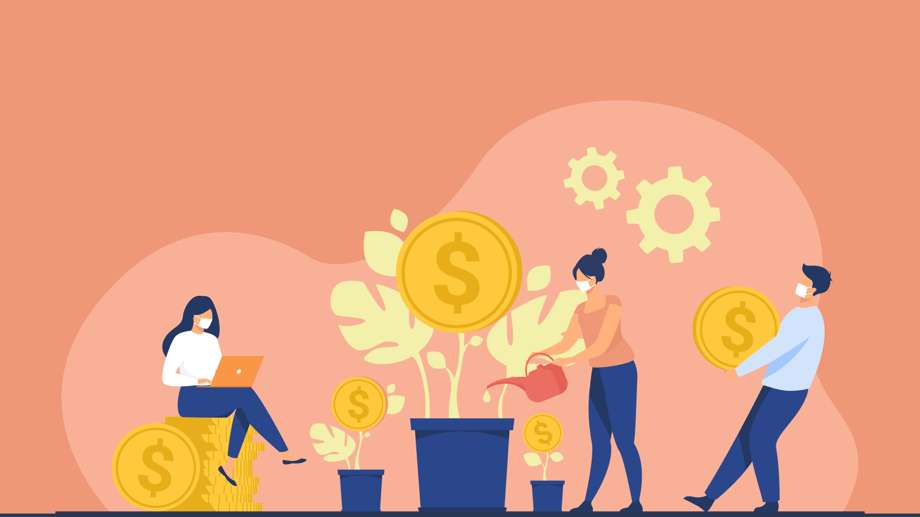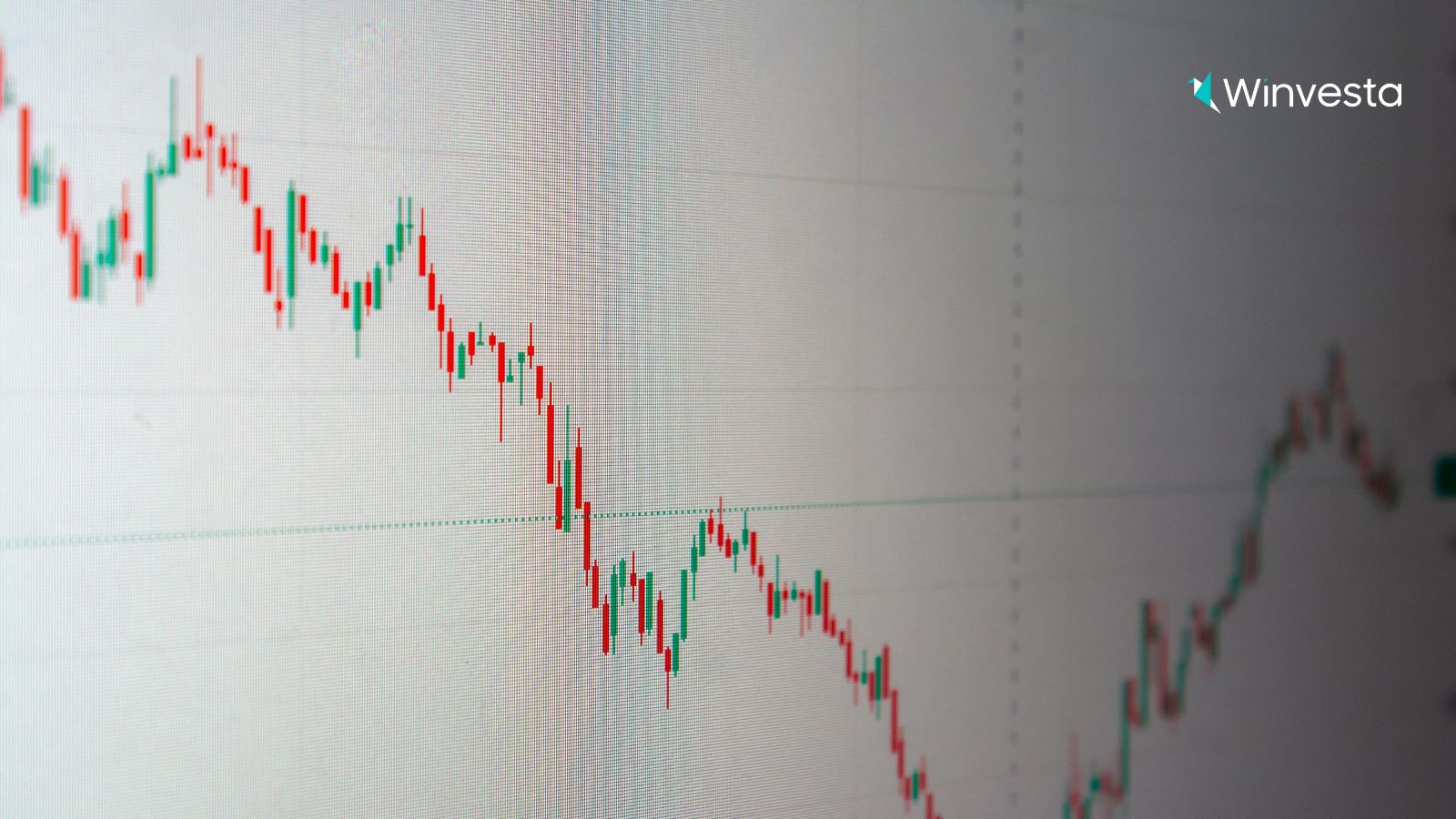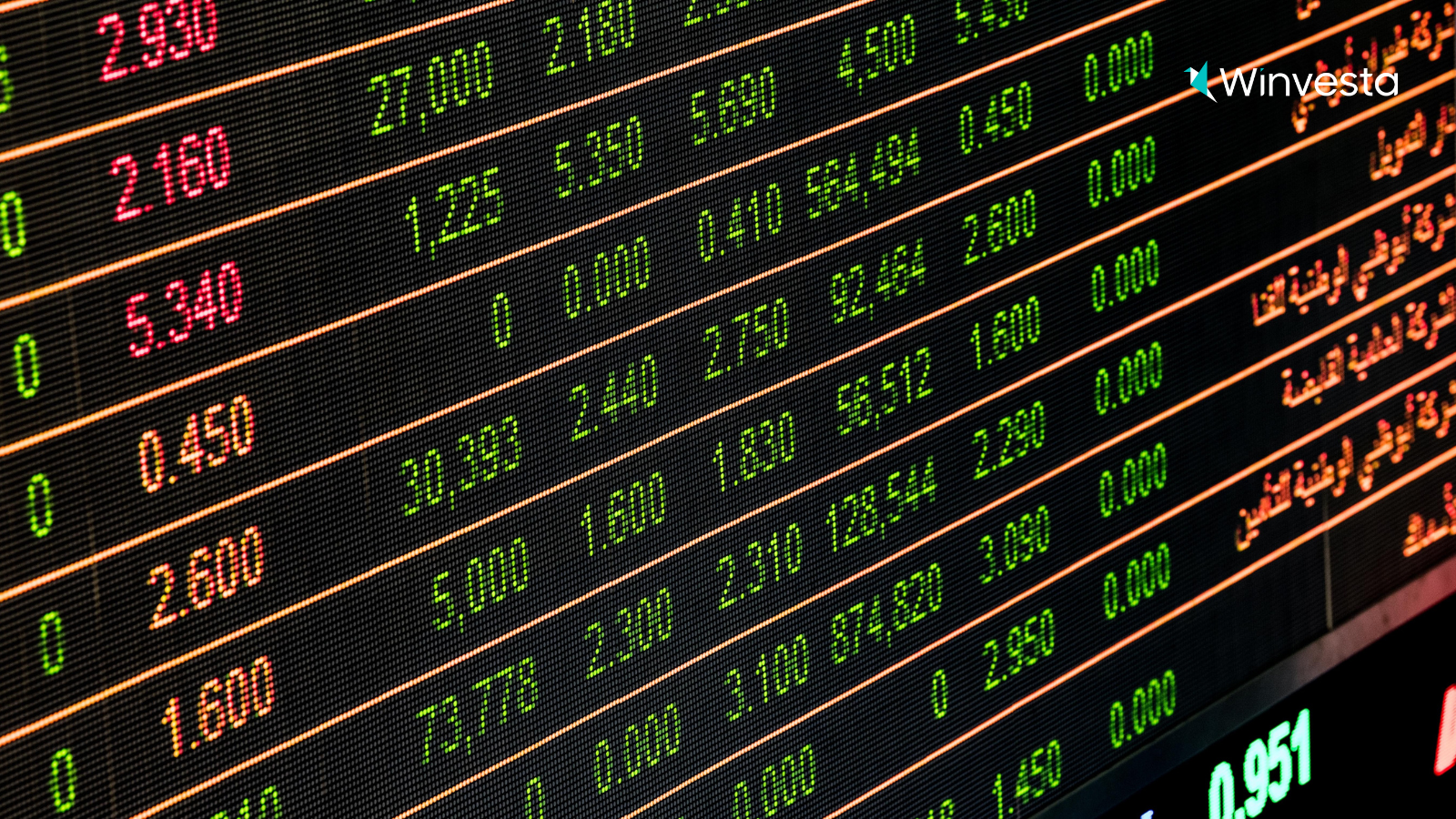Contents
Investing In The Time of Covid
3 minutes read
14 May 2024

Originally published in Business World on June 1, 2020
COVID-19 has been a watershed event in all our lives. It has changed the world irreversibly. Culturally, we’ve rarely understood personal space and now everyone must stay socially distant. Our homes were never kitted out to be the places we work, but now everyone is adjusting to a new professional lifestyle. Commuting was a necessary evil. It may no longer need to be in so for an increasing number of careers.
With people staying at home and changing many of their behaviors, we have unlocked a greater amount of time for some other activities. Our investments were often someone else’s prerogative. Your dad’s, your wealth manager’s, your CA’s. You just didn’t have time for it. Now you are locked up at home. All that time and energy wasted in commuting has been liberated. It’s time to take stock of your financial life.
But the world is in chaos. The experts don’t know what to advise you. Mutual Funds by reputed managers are closing down and exposing themselves to the regulator’s intervention. You have all this time, so where do you start?
You are looking to keep a little bit in a safe haven. Fixed Deposits with the big trusted banks. The RBI has reduced interest rates to help businesses manage their debt and to push lending to spur the economic machine. However, it has also resulted in your bank savings no longer working as hard. Banks across the board are dropping their Savings and FD rates. When inflation veers its head, all the interest may be gobbled away.
A traditional safe haven is gold. However, transacting in gold has a tax drag to its performance. Physical gold purchases in this environment are fraught with risk.
You have often been told that every crisis is an opportunity. Many large companies have seen their stock prices tumble. Is it a good time to be an opportunist? Can you try to discover value? Brokerage platforms have seen an unprecedented increase in new accounts.
But is it a value investment or a distressed asset? Are you comfortable to make the distinction and put a stake in the ground?
“Invest in what you know.”
– Peter Lynch
Look around you. You are using an Android (Google) or iOS (Apple) device. You are stuck at home and binging on Amazon Prime or Netflix. Amazon or Flipkart (Walmart) is delivering your essential and non-essential goods. You are spending onerous times on your Laptop either on Windows (Microsoft) or macOS (Apple) when working.
These are some of the largest companies in the world and they permeate your life. Do you know them better, or the large B2B software houses from India like TCS and Infosys?
Now some would say – “That’s fine, but what’s the guaranteed return that I will make?”
It’s a misplaced question. It singularly revolves around the expectation that rupee-denominated assets are the only kind that we can invest in. The rupee has depreciated by 7% since the end of February. If you’d just kept your money in US Dollars at 0% interest then, you’d have made an annualized return of 28%.
Investing in the times of COVID-19, have laid bare the challenges of having access to limited investment opportunities. Home-bias has clearly stung investors in India. At the same time, diversifying by investing across the global markets has helped many Indian investors make gains, not just by holding Dollar assets, but also seeing many of their technology investments flourish and stay resilient.
While the Indian stock market is still down by about 20%. The US benchmark, the S&P 500 is only about 10% below its peak and the technology-heavy Nasdaq-100 is about 5% below its all-time high.
This is no ordinary crisis. During the Great Recession of 2008, all sectors were heavily affected. Only those who were short the market made any material profits. The Hollywood movie, The Big Short starring Ryan Gosling and Steve Carrell lays that out very well.
This time it’s different. There are some clear runaway winners and others that will have an elongated, timid recovery. E-commerce, OTT, and online communication tools have all seen explosive growth. Amazon, Netflix, and Zoom have benefited from this crisis tremendously. Travel companies, hotels, aircraft manufacturers, traditional auto-makers have all felt pain. All will suffer, some will go bust.
COVID-19 is a unique opportunity for you to take stock of your portfolios. Stay safe, keep healthy, and diversify. And invest in what you know.
**This article was originally published in BusinessWorld.in on June 1, 2020

Contributed by Swastik Nigam
Our Founder and CEO has been steeped in the world of finance since 2011 working with organisations such as Procter & Gamble, Larson and Toubro and Deustche Bank. Swastik’s love for finance literacy and helping businesses and individuals to make better financial decisions and grow their personal wealth has resulted in many such blog articles, talks, content pieces and social media content. Follow him to learn about the process of building a successful global business and tips on growing your personal wealth.



